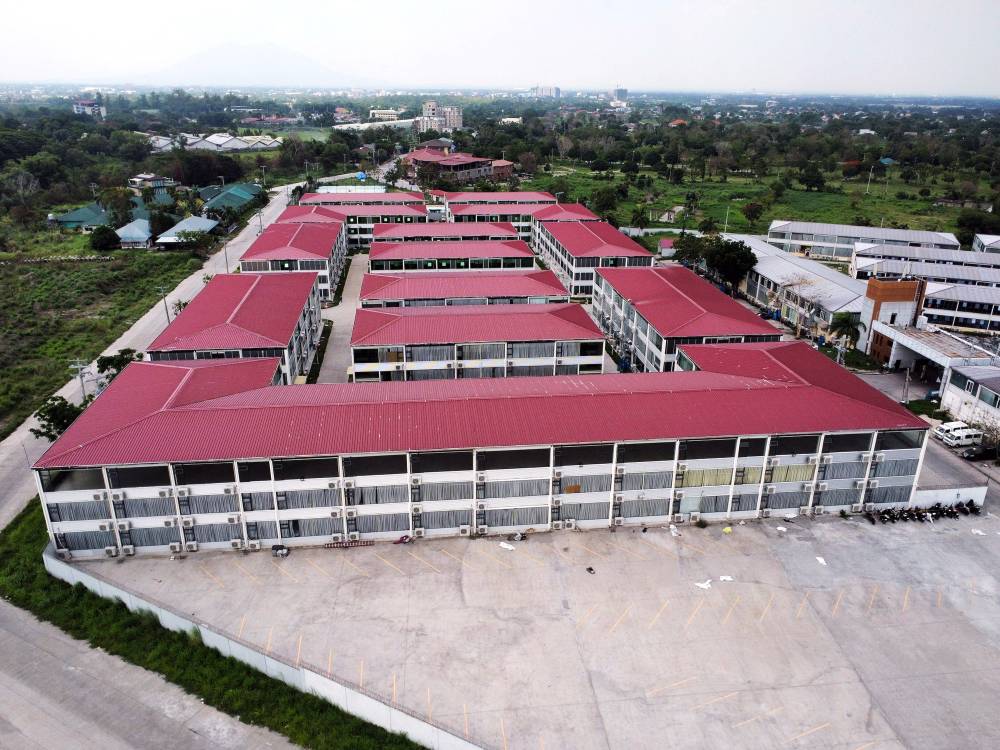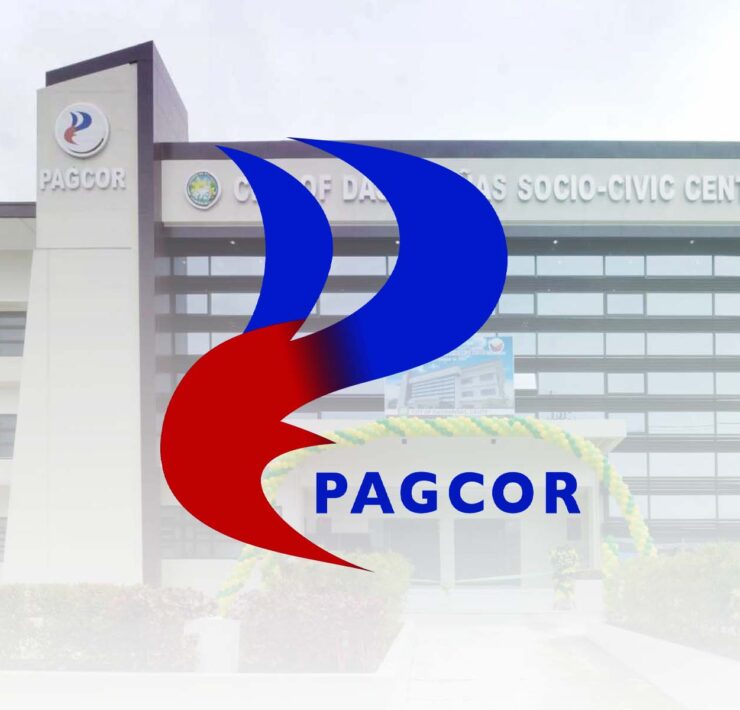After total ban comes Pogo office exodus

More office spaces have been vacated by the Philippine offshore gaming operators (Pogos) in the past quarter following the government’s ban on the industry linked to criminal activities, according to real estate consultancy firm Leechiu Property Consultants (LPC).
Mikko Barranda, LPC director for commercial leasing, said that leasing contracts covering 53,000 square-meters (sqm) of office space had been terminated by Pogos during the third quarter.
Prior to this, the industry had also seen the withdrawal of lease covering 21,000 sqm of office space in the first quarter. No termination was registered in April to June.
“It is not for them to transfer to another building. Majority of the time, they’re terminating completely for whatever various reasons,” Barranda explained.
In July, President Marcos made the declaration to ban all Pogos in the country during his third State of the Nation Address. It instructed the Philippine Amusement and Gaming Corp. to cease the operations of the Pogos by the end of this year.
The Pogo sector has been in hot water because it is linked to crime syndicates engaged in human trafficking, money laundering and online scams, among others. Prior to this, however, Barranda said they had already observed a decline in the office take up by Pogos.
“If you look back in the last four years, they’ve actually already given up space in a consistent manner,” he said.
Barranda estimated that Pogos now only occupied about 500,000 sqm of office space—markedly lower than 1.7 million sqm back in 2019.
LPC noted that Pogos now account only for 8 percent of the total leasing activity, a decline from 45 percent prepandemic.
“Their exposure in terms of footprint as it not as much as it was back in its heyday, back in 2018 and 2019,” he stressed.
In general, the information technology-business process management (IT-BPM) sector has been the main driver of leasing activity in the past four years, accounting for nearly half of the total. The traditional companies, however, have been catching up this year, surpassing the IT-BPM sector.





















